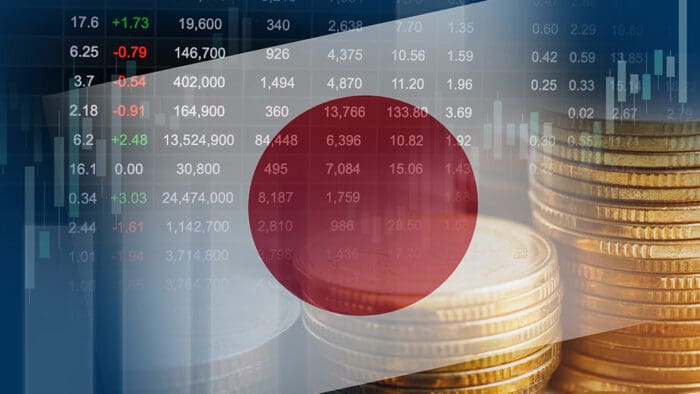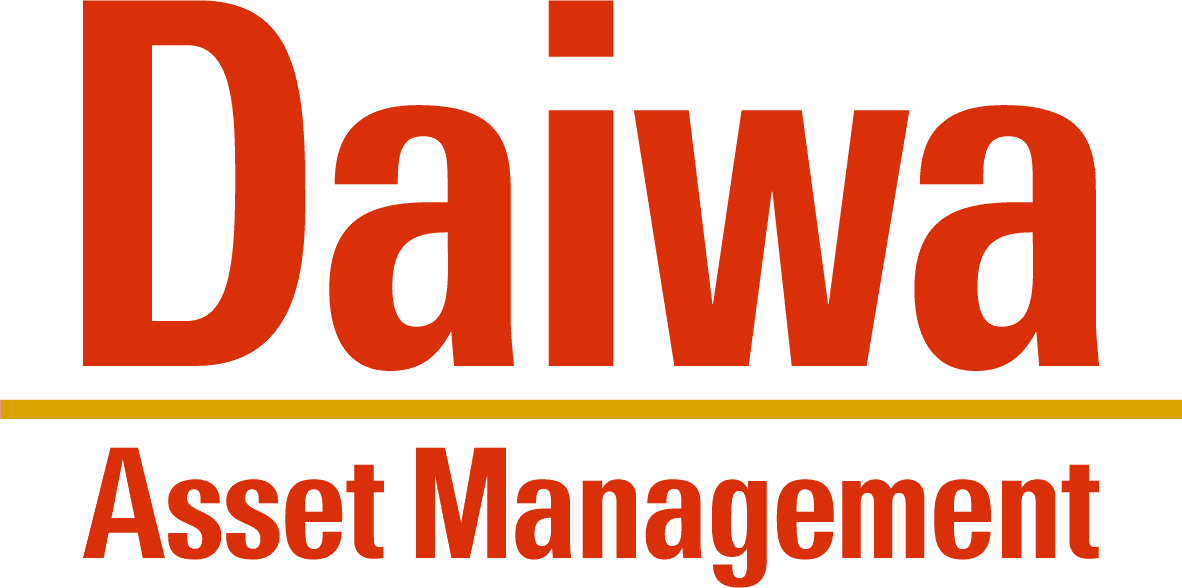Consumers are ringing in 2023 on a positive note with improving sentiment reflecting relief at the gas pump and strong job opportunities, according to today’s preliminary University of Michigan consumer sentiment report. The release helped the S&P 500 recover from steep morning losses of roughly 1%, with the loss being trimmed to only 0.3% by 11:00 am. While earnings season just started and uncertainty remains high as the S&P hovers right beneath critical technical resistance levels, improving sentiment is terrific news.
After plummeting from a high of 101 at the start of 2020 to 50 in June of last year, the index has been strengthening, most recently climbing from 59.7 in December to 64.6 in January.
Higher nominal incomes and relief at the pump led to the second-consecutive monthly gain in consumer sentiment.
The current labor shortage has provided workers with flexibility when choosing an employer while lower oil prices have led to reduced retail gasoline prices. In December, gasoline prices declined 4.5% month over month, according to the CPI report released yesterday. Cost reductions at the pump literally add excess cash to wallets and pocketbooks alike, providing consumers with additional funds to go out on delightful strolls at shopping centers and visit their favorite restaurants.
Cost reductions at the pump literally add excess cash to wallets and pocketbooks alike, providing consumers with additional funds to go out on delightful strolls at shopping centers and visit their favorite restaurants.
Inflation expectations in the short term improved dramatically. Expectations for inflation in the next 12 months fell to 4% in January, down from 4.4% in December. Headline gains were propelled by short-term optimism while longer-term optimism was modest. Inflation expectations for the next five years rose a basis point from 2.9% in December to 3.0% in January. Additionally, consumer sentiment still remains at historically low levels; however, progress to start the year is very welcome.
The recent gains in consumer sentiment represent an economic dichotomy. A strong labor market is supporting Main Street while Wall Street faces softening corporate earnings that are being challenged by inflation, slowing consumption, supply chain issues, labor shortages and higher financing costs.
American shoppers, of course, have faced the sobering nature of inflation, but a strong labor market is helping to underpin consumer sentiment. Consider the following:
- In December, the unemployment rate dropped to 3.5%, hovering near 70-year lows not seen since the troops returned from WWII.
- Last year, the economy added 4.5 million jobs.
- The labor participation rate, or the percentage of working age individuals who are either working or seeking work is only 62.3%, a full percentage point below the pre-pandemic level in February 2020.
- The ratio of job openings to unemployed workers is currently 1.8, signaling strong demand for employees.
The strengthening sentiment is occurring as investors and policy makers carefully watch the Federal Reserve as the central bank seeks to contain inflation while maintaining positive GDP growth. With strong inflation, the Fed faces the daunting challenge of containing inflation without sparking a recession. Regardless of if the Fed achieves a soft landing, or a period when growth continues but at a slow pace or if a recession occurs, structural dynamics in the labor market are likely to support employment in the coming months.
As we head into what will be a three-day weekend for many workers in honor of Dr. Martin Luther King Jr., I would like to wish everyone a happy and prosperous new year.
Disclosure: Interactive Brokers Affiliate
Information posted on IBKR Campus that is provided by third-parties does NOT constitute a recommendation that you should contract for the services of that third party. Third-party participants who contribute to IBKR Campus are independent of Interactive Brokers and Interactive Brokers does not make any representations or warranties concerning the services offered, their past or future performance, or the accuracy of the information provided by the third party. Past performance is no guarantee of future results.
This material is from IBKR Macroeconomics, an affiliate of Interactive Brokers LLC, and is being posted with its permission. The views expressed in this material are solely those of the author and/or IBKR Macroeconomics and Interactive Brokers is not endorsing or recommending any investment or trading discussed in the material. This material is not and should not be construed as an offer to buy or sell any security. It should not be construed as research or investment advice or a recommendation to buy, sell or hold any security or commodity. This material does not and is not intended to take into account the particular financial conditions, investment objectives or requirements of individual customers. Before acting on this material, you should consider whether it is suitable for your particular circumstances and, as necessary, seek professional advice.




















Join The Conversation
For specific platform feedback and suggestions, please submit it directly to our team using these instructions.
If you have an account-specific question or concern, please reach out to Client Services.
We encourage you to look through our FAQs before posting. Your question may already be covered!